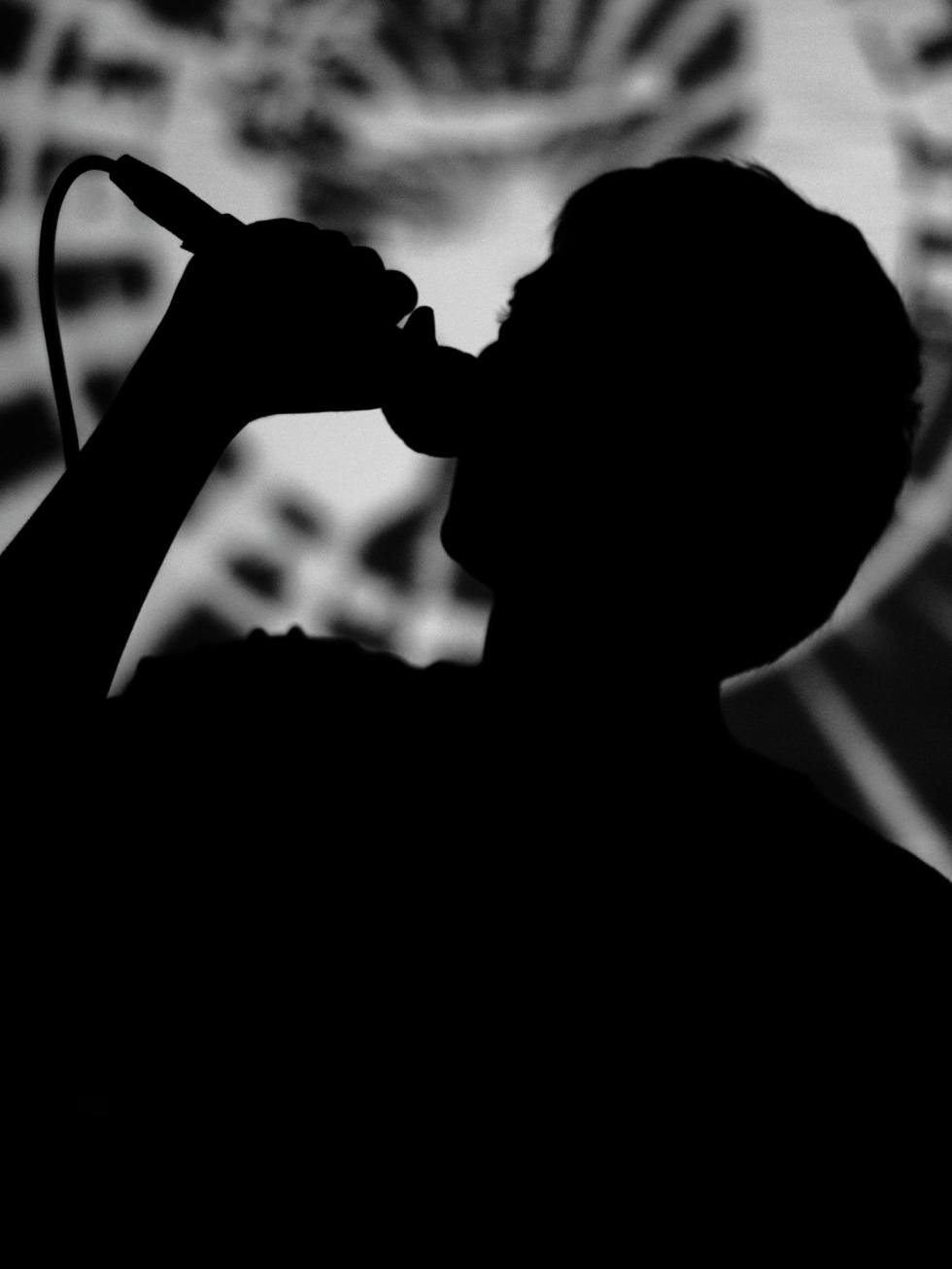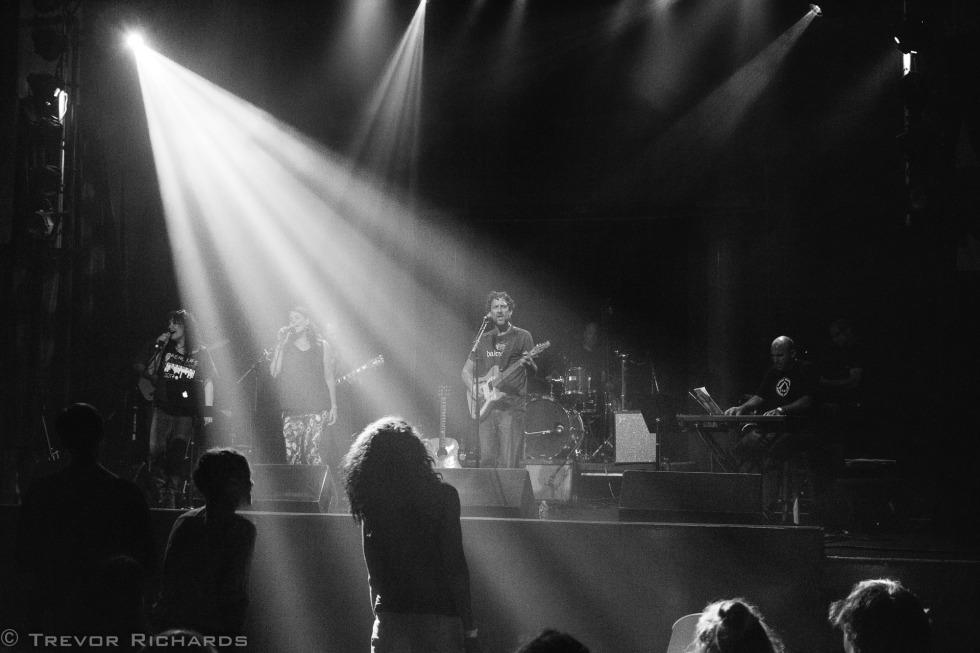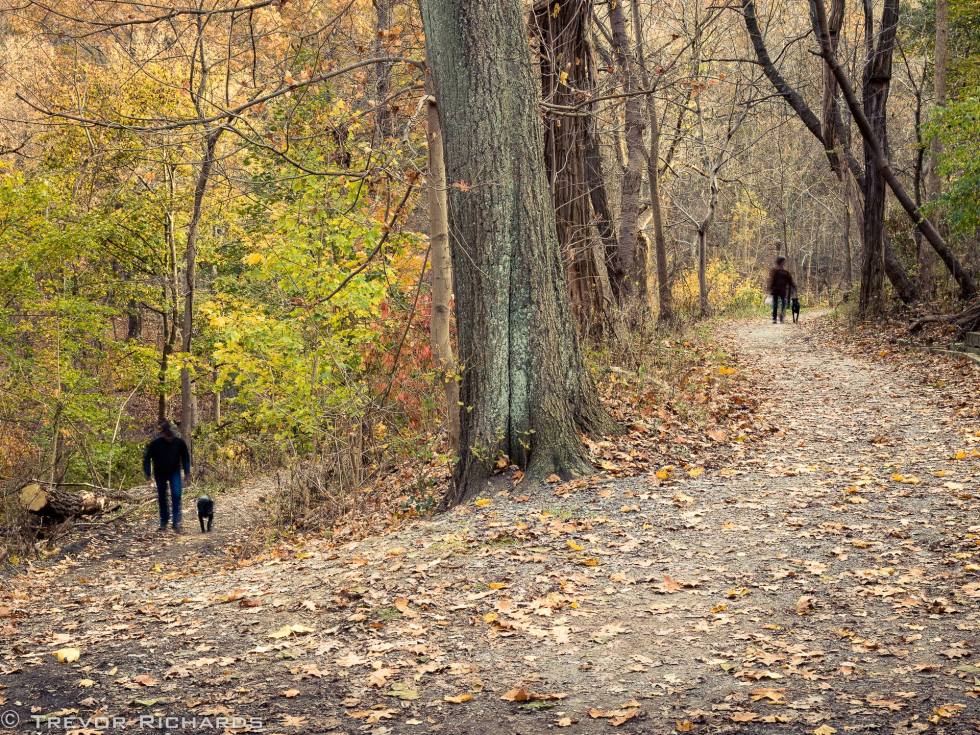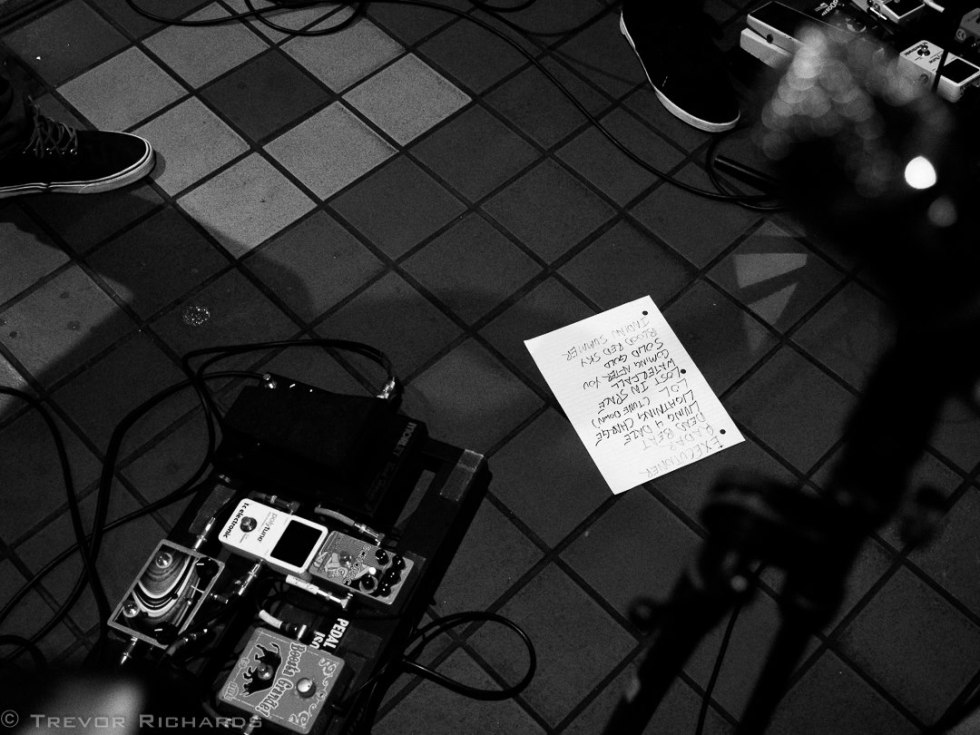Rates of depression (and anxiety) are high among musicians. Symptoms of depression can be very serious and may affect everyday living, relationships, work, and creativity.
You can read more about high levels of depression among musicians here. If you want to know more about the specific ways symptoms of depression may manifest in musicians, read more here.
So, musicians often struggle with depression (as all humans do, but seemingly at higher rates than the general population). What then? How do we keep living, connecting, and creating? There are coping techniques that you can learn, practice, and perfect.
As someone who struggles with depression and anxiety, I often feel frustrated that I have to work so hard (all of the time) to keep my head above water. Does anyone else feel this way? You can read about my experience with depression, music, and how I cope here.
Coping Techniques for Musicians
We’ve been surveying musicians about their experiences with depression and how they cope. Their responses are really interesting and insightful. Read on to learn some ways to cope with depression and its symptoms. Coping techniques can help ease the discomfort of your symptoms in the moment, and they can help to decrease the intensity of your symptoms over time.
Most of these responses come from the Coping Techniques Survey that we’ve shared recently. Some other responses come from the Depression and Musicians Survey. If you haven’t already, feel free to take these surveys and anonymously share your experiences. Soon, we’ll have a summary of all of these answers available for you to view. Infographic, anyone?
We can play music.
We asked, “What role does music plays in stopping or alleviating depression?” Based on the answers, it’s clear that music plays a primary role. Here’s a breakdown of the top answers.
- The act of playing music is relaxing, it’s an outlet for expressing negative emotions, and it allows a focus on positive aspects of life.
- Creating and playing music allows you to process emotions – not only is it an outlet for expression, but it is cathartic and therapeutic.
- Music provides opportunities for connecting with others, traveling, creating community, and having a social life.
- Music is a comfort, an escape, and a source of self-worth.

Music-related coping techniques shared include: writing lyrics, writing music, focusing intently on guitar (or other instrument) techniques, listening to and playing new music, listening to and playing particularly challenging music, and surrounding oneself with other musicians. Interestingly, these techniques all allow one to express, process, or escape emotions.
Clearly, playing music helps us to alleviate depression, but even if it doesn’t, it may help others. One respondent (one of just a few non-musicians) shared a thought for musicians that inspired me: “Keep expressing yourselves. Even if it doesn’t help you, it helps so many others.”
We can move our bodies.
Aside from playing music, exercise is the top coping technique of the musicians we surveyed. Walking and yoga were mentioned again and again – which makes sense because they’re gentle and restorative (and they can be done practically anywhere). And don’t forget that music-related activities (like playing, performing, lugging equipment, headbanging, and dancing) can be exercise, too.

Regular exercise helps everything. Ugh. That’s kind of annoying because I feel like I don’t have a lot of time for formal exercise right now (in fact, instead of exercising I’m sitting down typing). Yet, I know that exercise is one of the very best ways to treat, prevent, and – hell, even heal! – depression (and anxiety, and PTSD, and sleep conditions, and ADHD, and more). I know it because it worked wonders for me, I’ve seen it work wonders for other people, and I’ve read a lot of research on it. The only problem is that when you’re depressed, you typically don’t have the energy, motivation, initiative, or self-confidence to get up and do any type of physical exercise.
So how do you start exercising – and more importantly, getting the benefits of exercise – when you feel like a slug stuck to the couch?! These ideas may or may not work for you, but they’re worth considering. Get lots more information about exercise and mental wellness at HelpGuide.

- Start small and slow. Thirty seconds of jumping jacks, walking around one block, sitting on the floor and reaching for your toes for one minute, dancing around (or generally moving to the music) for one song – these are all examples of starting small and slow. If that’s all you can do, do it whenever you can and see how you feel. If you decide to exercise for five minutes every other day this week and you do it, you may just feel able to exercise for ten minutes every other day next week. The more you do it, the more you’ll likely want to do it. The more you do it, the more feel-good chemicals that will be swirling around your body making you feel more motivated and confident.
Emily Rodgers, one of my best buds and bandmates, used to encourage me to exercise by saying, “Just do it. It’ll probably make you feel better and if it doesn’t, at least you exercised.” It worked: I exercised and I always felt better afterwards.
- Do something that you like. Some people like walking outside. Some people like swimming at a gym. Some people like doing yoga with a DVD in their house. Some people like exercising alone. Some people like exercising with others. Try some stuff and see what you like. If you find something you like, you’ll be more likely to do it.
Take this quiz: Find the Right Exercise to Match Your Personality. It takes about 2 minutes and is kind of fun. I scored highest in “Mood and Tension” and “Playfulness.” (How paradoxical.) It gives you some ideas of exercises to try because they fit your personality best and ones to avoid because they probably won’t click.
- Don’t forget about eating good food. When we eat shitty food (read: junk food, super-sugary foods, and highly-processed foods), we feel shitty. When we eat healthy food (read: fresh, whole foods high in nutrients), we feel healthier. We’re more likely to feel ready to exercise if we’re hydrated, well-fed (but not over-fed), and full of vitamins and nutrients. Get more helpful tips on eating to enhance your mood at Mind.
We can change our perspectives.

One technique for healing and coping is to reframe our experience – to change our perspective. One respondent had a lot to say about this technique, noting that it’s important to remember that:
“…depression and anxiety are not character flaws. They are not problems of the mind (an abstraction), but of the brain (an organ). They are physical ailments. I call them ‘brain hemorrhoids’ – the juvenile humor can make it seem less intense as well.“
I really like this. A positive, realistic, and humorous perspective is very valuable. Let’s look at some other ways we can look at depression, emotions, and stress differently.
Listen to pianist and author James Rhodes succinctly instruct us on the human condition. He explains that feelings are fleeting and all of us should expect to feel all of them at various times in our existence – some more than others. Not expecting happiness all of the time, but instead being mindful of our feelings and knowing that they are just that – feelings, states of being that are fleeting and mutable – can be very helpful. This is a hard one for me, but I can attest to its significance in healing and coping.
Now listen to health psychologist Kelly McGonigal talk about how changing your perspective on stress can actually save your life. It’s pretty interesting, and I’m definitely going to attempt to change my perspective after watching this talk.
More Thoughts on Coping
The musicians we surveyed had a lot more to say about depression and coping.

We use unhealthy coping techniques, too.
Who doesn’t? Many respondents noted that they use – or have used – unhealthy (or less than ideal) coping techniques. Smoking, drinking, using pills, staying in bed all day, and instigating conflict online (or sometimes in person) were all mentioned. The respondents typically noted that they knew these weren’t the best ways to cope, but they were being honest in sharing. I appreciate that.
We use a variety of healthy coping techniques, though.
In addition to the top three coping techniques (music, movement, and reframing), musicians have a lot of other healthy coping techniques that they use. Respondents shared that they talk with professional counselors, talk with friends and family, watch movies or read, create using other art mediums, try to make others laugh, and do good works for others. These are all definitely positive and healthy coping techniques that musicians – and anyone – can use.
We have some advice to share.
The musicians who completed the surveys shared a wealth of advice and encouragement. Here are just a few of them, for now.
- “Always know, you are not alone. Sometimes depression is so consuming, it’s easy to forget there is a whole world out there. Remember your loved ones.”
- “Take care of basics – eating, sleeping, time with good friends, exercise.”
- “Remember, the music you are writing may very well be the go-to for someone that is depressed.”
- “Immerse yourself in what you do. Playing in more than one group also helps. Stay busy and remember that everyone goes through hard times.”
- “Find a therapist (look into getting on medical assistance and sliding scale options, make the time), don’t be afraid to try medication, ask for help from others. People will want to help you.” [Get info about Medicaid, also called Medical Assistance.]

And then here’s my favorite answer from the survey because it’s painfully and poignantly true.
- “Your coping mechanisms will inevitably fail from time to time, but this does not mean they’re worthless.”
I hope that you’ll attempt some of these tried-and-true coping techniques – and I hope that they work for you. Be compassionate with yourself, and be well.
